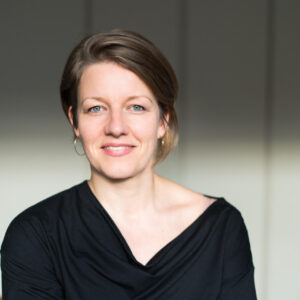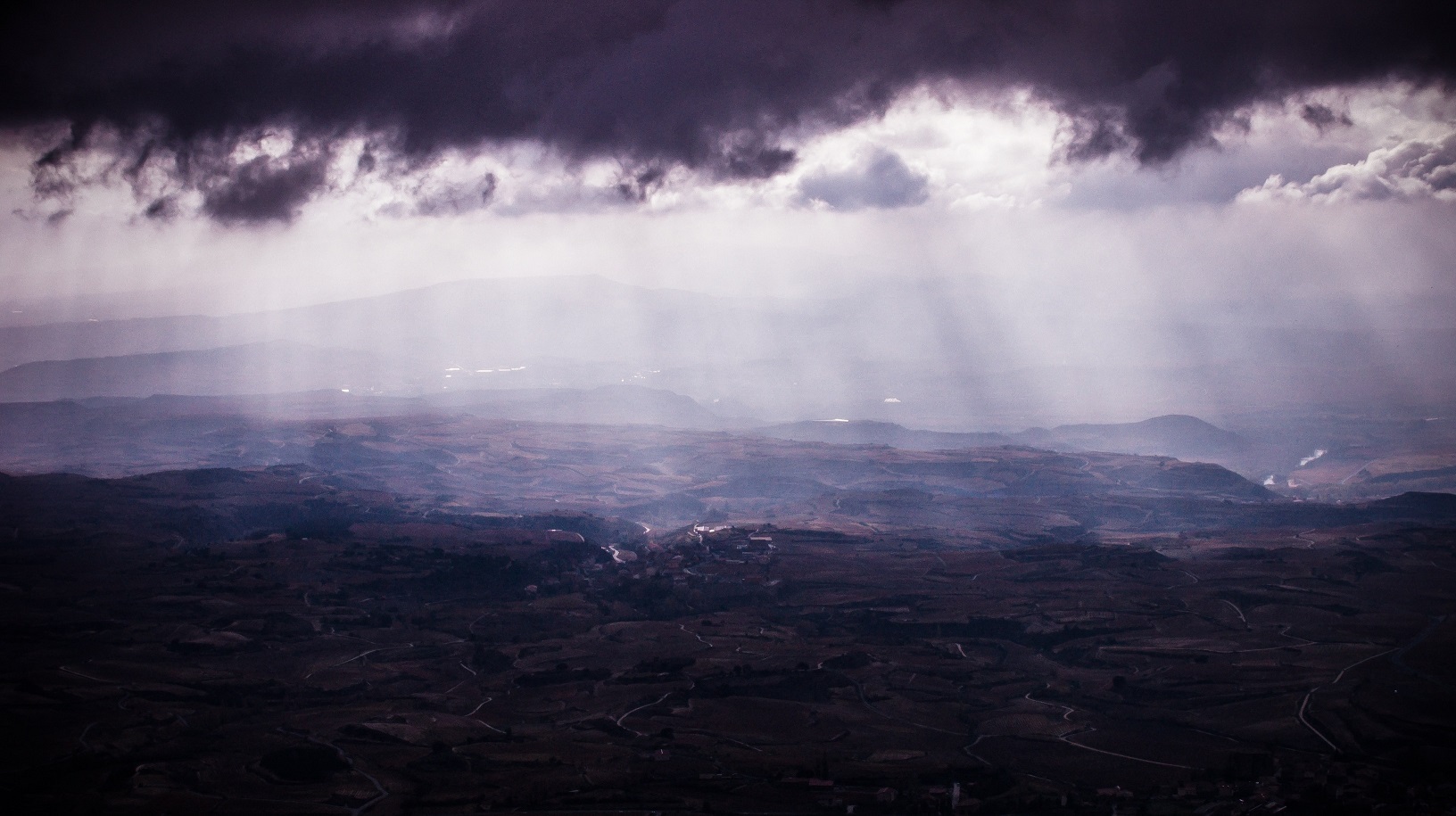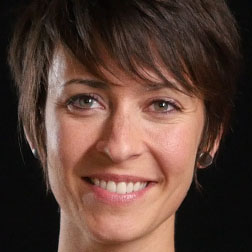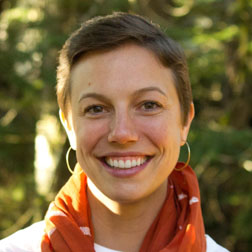As a psychologist and political scientist, I always felt drawn to two “acupuncture points”; engaging systemic structures and causes that give rise to deeply challenging societal conditions, and serving individuals in their own evolution into “being for life.” In my work right now I’m addressing both of these expressions through several new and exciting projects in societal development, conflict and negotiation?
A fresh piece of work that excites me deeply for the potential it has is this: After years of gardening the ecosystem for regenerating societal well being in Afghanistan in different roles and modalities, I recently stepped into co-leading and facilitating a multi-year long multi-stakeholder process, building an ecosystem in Germany and Afghanistan to empower Afghan refugees to develop sustainable business ideas. Doing so, they may return to their home country with dignity, and good social status.
A future in their pocket becomes possible in new ways. In a collaboration with city-wide institutions, we work with interested Afghan refugees in a startup lab structure, inspiring and catalyzing business ideas in Germany and Afghanistan. What we seem to ultimately respond to is the need and ambition for opportunity, education, good work and enabling structures, both in Germany and Afghanistan. Big vision and small steps.
This is a powerful place of learning, of pioneering a new approach to meeting circular migration, and of what it takes to work with the tremendous levels of difference in the room. Between a government official and a young refugee, worlds of difference exist to be witnessed and bridged. As a facilitator, I am continually challenged with being present to the high complexity and intensity in the nature of the project and content itself. Two questions are working my edges here: In the often intense and dense space of political opinions and the high emotional charge in conversations on refugee matters, how do I stay grounded and navigate from my center? I am noticing that emotional intensity often activates my own “fight – flight or freeze” impulse, and it has become a true place of practice for me in learning how to lean into intensity more and work with it, rather than keeping it “down.”
In this specific context, another question is working me: How do we design this process in a way that it breaks open the often present “in need / helper” dynamic? The difference in power and opportunity is immense, and mostly in shadow. Differences in access to execution power, to resources, in the power to see the bigger picture, to conceptualize and articulate one’s own needs. So I am continually asking myself, how do we design this in ways that brings power to light, and truly empowers?
One self-observation I have is that my ability to stay present with what is, in a context that is highly emergent and charged on a number of political levels, has absolutely skyrocketed since my learning with Ten Directions through the Integral Facilitator Program.
From my stability of being present, skill and capacity comes forth. I can listen to what is arising, said and unsaid, which reveals the next move to make in service of this moment. Skilled engagement becomes more possible, and I have a lot more options available to respond—options that come less from me, but more as an impulse of what is right to do now based on being intimate with what is already here. I am continuing to learn how to work with the diversity in the room, and I notice how I don’t shy away from bringing in what actually feels edgy. I can do this with a lot more clarity and compassion now, and meet the “scary” edge with a willing curiosity.
In my work, these two poles of the exterior systems and the interior world of individuals have always been alive in a conversation. There is the system-lover side of me, which is eager to see more of the complexity, comprehend it, and co-create with it. And then there is the part of me that deeply believes, based on seeing it first-hand in myself and others, that change comes from the inside of each of us. The power to change vast and complex systems is in how we chose to relate to what’s in front of us, and how our presence and actions affects the moment we are in.
The interior of individuals is one piece of the big complexity puzzle in any good process facilitation, and I am making a lot more space in my recent pieces of facilitation for illuminating the subtleties in human interaction and how we relate to what’s in front of us. Doing so, I notice that at times people feel insecure and challenged beyond what they are used to, and I am holding a question in my heart on how I can engage my own learning and the learning and growth of those I work with with even more of both courage and compassion.
Since my time in the IF program I have also been developing the conflict coaching and negotiation part of my work. In this approach I have been working with clients in a number of coaching sessions in a short amount of time, to support them during “peak” intensity periods in their lives. In this work, I notice how both deep listening and receptivity, as well as pieces of teaching and guidance have opened and loosened the density and emotional suffering in stunning ways.
Recently I got to test a new format of conflict coaching with a client that sat right in the fire. I learned from her that I brought a capacity to lead her with clarity and curiosity, with a firm hand, and a good balance of challenge and support. This in turn enabled her to learn to meet and work with more of herself, with compassion and flow to shift to what she really wanted to create and act on her intentions. In my client’s feedback, I’m able to see the impact of my training and how it has shaped and refined me as an instrument.
As I drop deeper into life and my work, with clearer presence and more capacity to work with what is, I feel the paradox of being utterly ready and completely not knowing. And the place where my readiness and my not-knowing meet, is in the space in me that is fully alive and available to what is here. And this is only just beginning ;).
Nina Nisar coaches purpose-driven people, initiatives and organizations realize their self/leadership potential to transform conflict, culture and systems, and collaborate effectively and meaningful towards a shared vision. You can learn more about her work in Germany and Afghanistan at www.madeinafghanistan.af. Her website, www.ninanisar.com is in the process of becoming finalized – please check back over the coming weeks for updates.




2 thoughts on “Notes from the Field: Presence as the Ground of True Preparation”
This is great Nina! The work you are doing sounds fascinating and it inspires me. What a gift to know you!
Amy, hi, so good to connect this way, I hope life is putting us to the same shores soon, I am inspired by your facebook feed too!